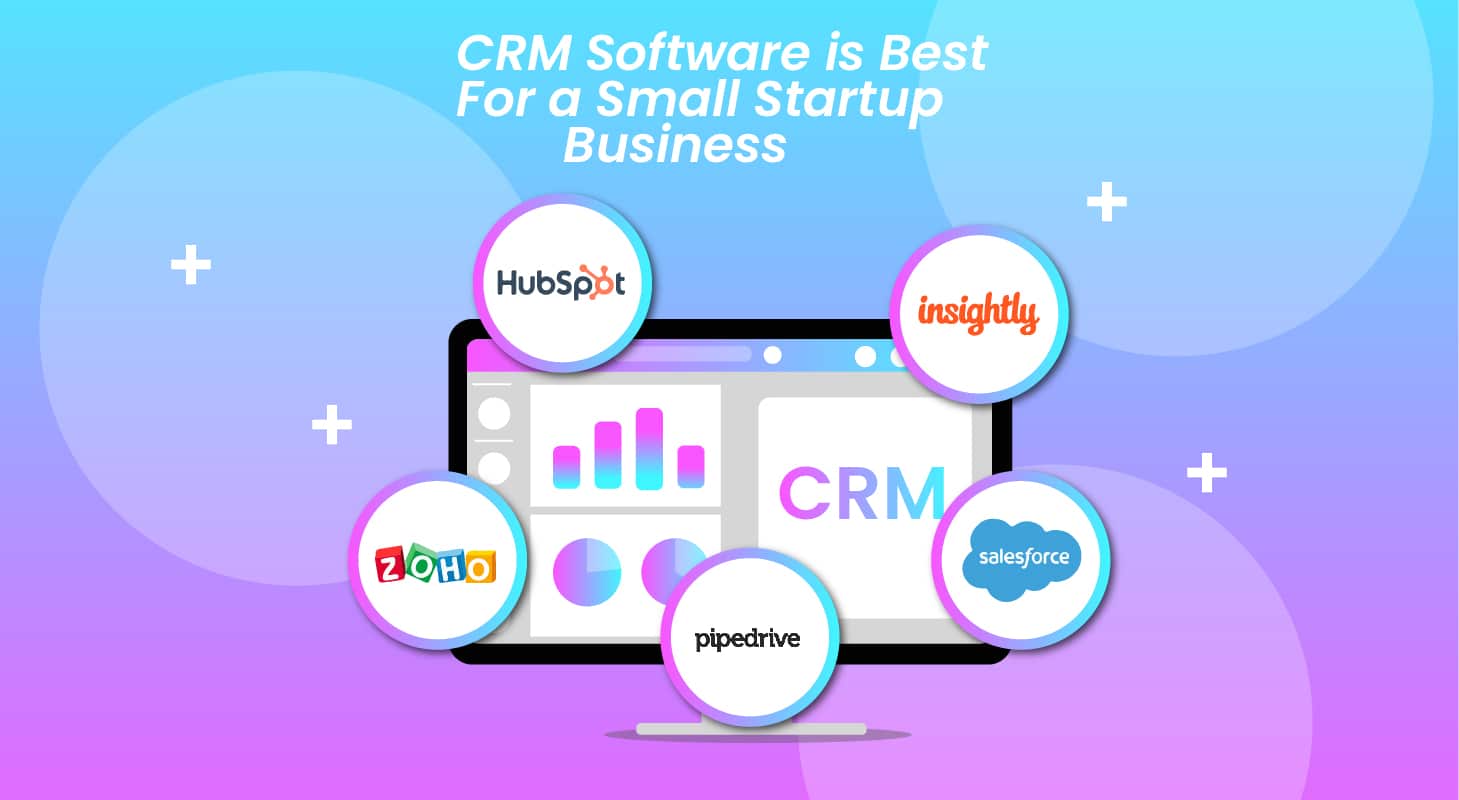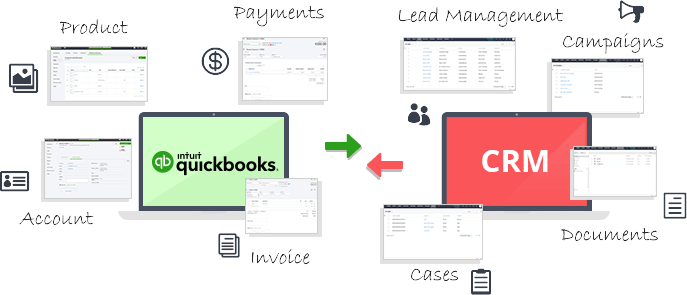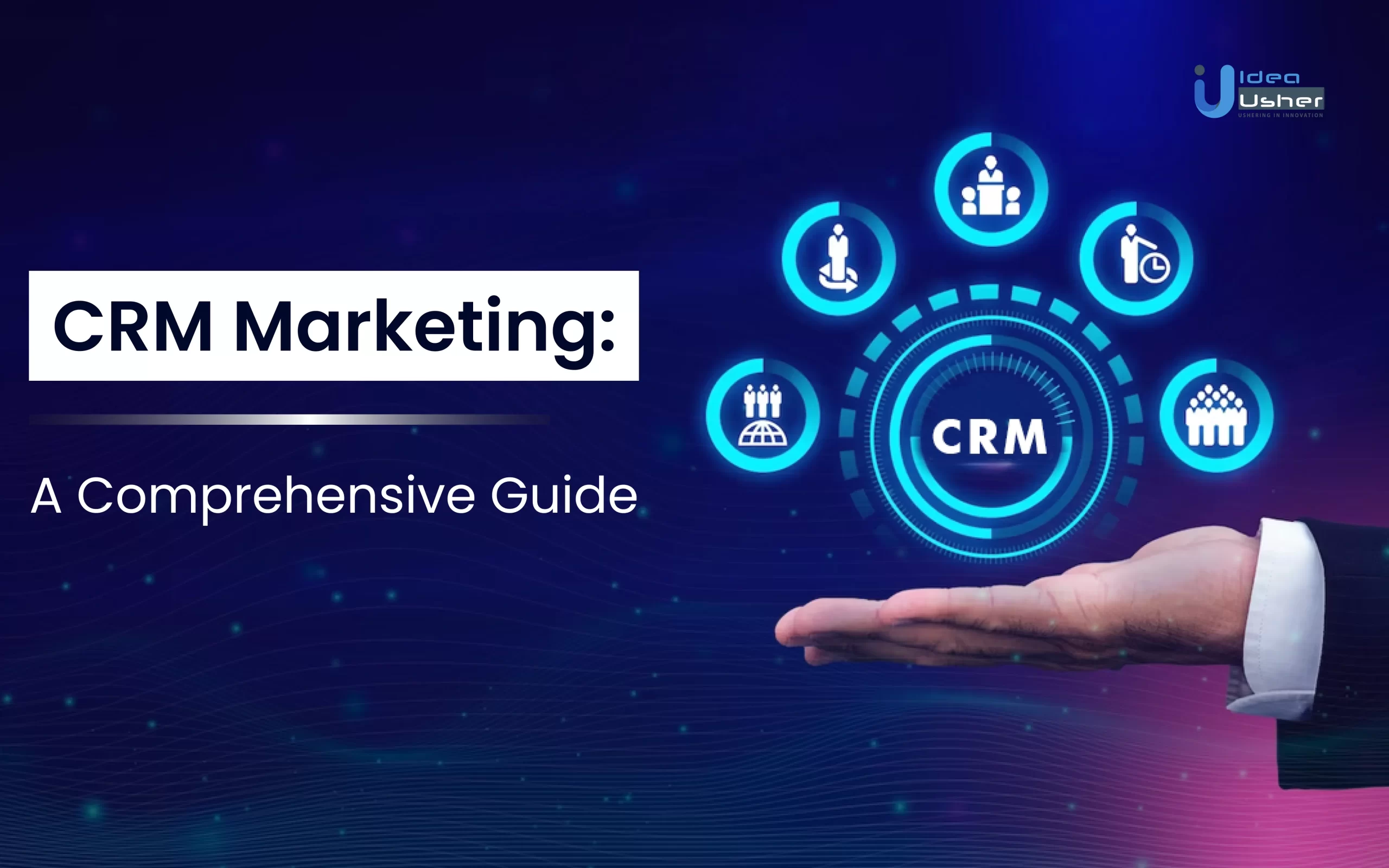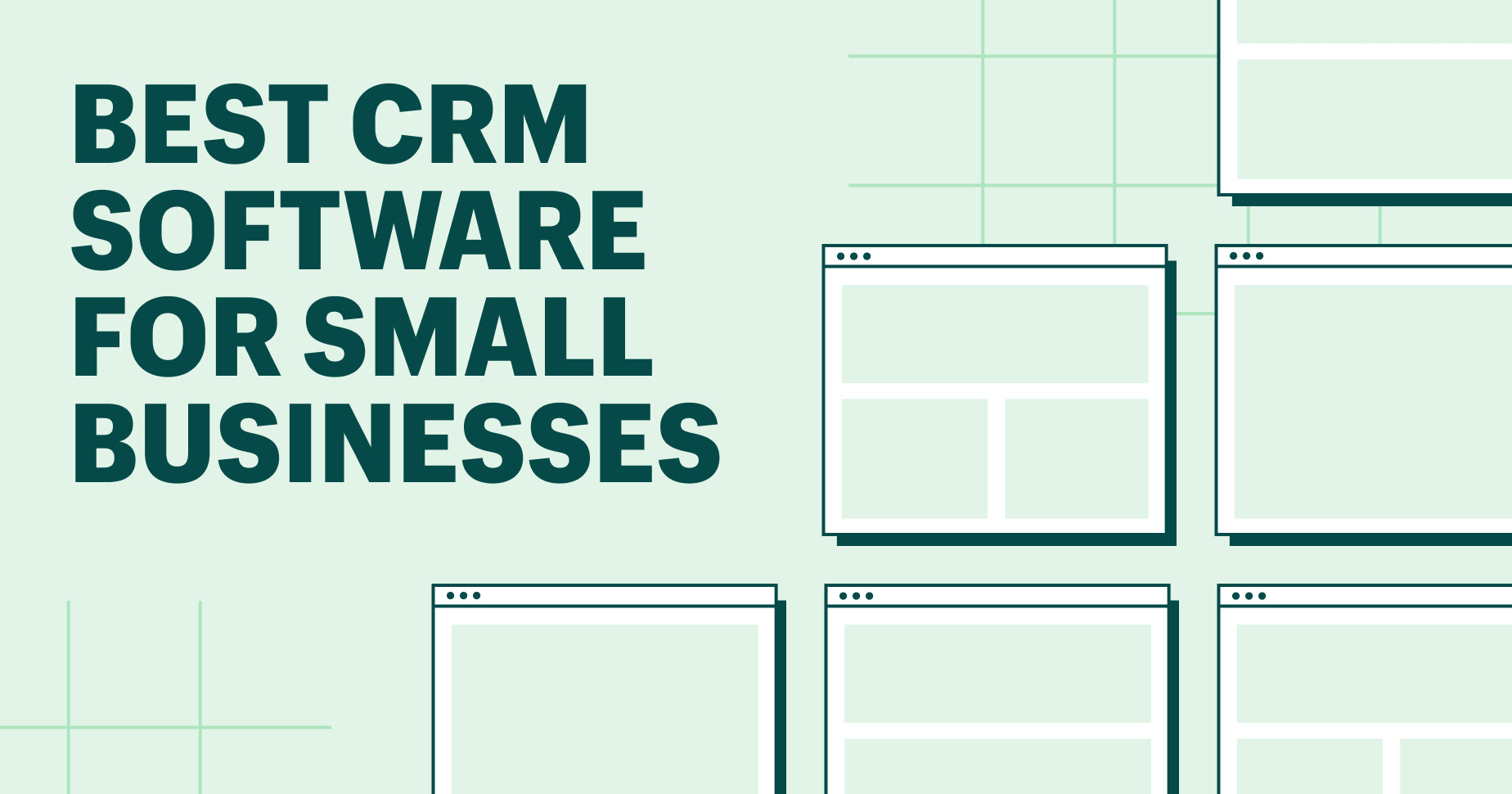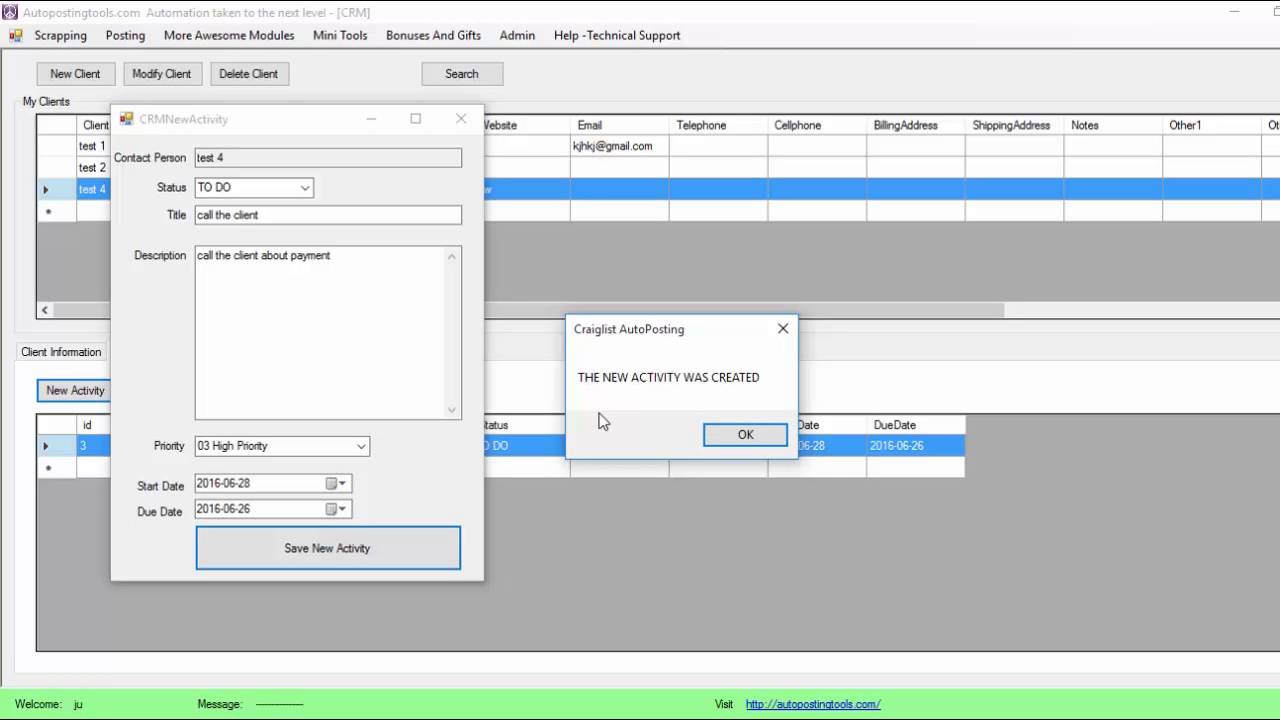Small Business CRM Upgrades: Navigating the Landscape in 2025
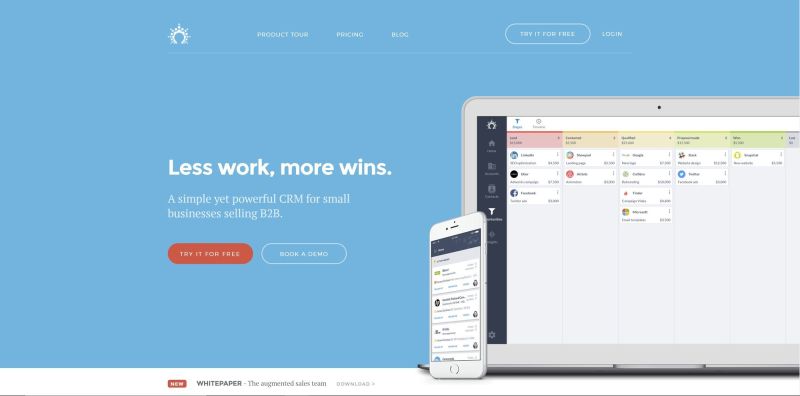
Small Business CRM Upgrades: A Comprehensive Guide for 2025
The world of Customer Relationship Management (CRM) is constantly evolving. For small businesses, staying ahead of the curve with CRM upgrades is no longer a luxury; it’s a necessity. As we approach 2025, the landscape of CRM solutions is set to transform, driven by technological advancements and shifting customer expectations. This comprehensive guide will delve into the essential aspects of small business CRM upgrades in 2025, equipping you with the knowledge to make informed decisions and propel your business forward.
Why CRM Upgrades Matter for Small Businesses
In the competitive environment of today, small businesses need every advantage they can get. CRM systems are the backbone of effective customer relationship management, and upgrading these systems can bring about a multitude of benefits:
- Enhanced Customer Experience: Modern CRM systems offer personalized experiences that foster customer loyalty.
- Improved Efficiency: Automation and streamlined workflows save time and resources.
- Data-Driven Decision Making: Advanced analytics provide valuable insights into customer behavior and business performance.
- Increased Sales: CRM systems can help identify and nurture leads, leading to higher conversion rates.
- Better Collaboration: Improved communication and collaboration among team members.
Ignoring CRM upgrades means your business risks falling behind competitors who are leveraging the latest technologies to attract and retain customers. This could lead to missed opportunities, reduced revenue, and diminished customer satisfaction.
Key Trends Shaping CRM in 2025
Several key trends are expected to shape the CRM landscape in 2025. Understanding these trends will help you choose the right upgrades for your small business:
1. Artificial Intelligence (AI) and Machine Learning (ML)
AI and ML are revolutionizing CRM. In 2025, expect to see:
- Predictive Analytics: CRM systems will be able to predict customer behavior, identify potential churn, and recommend personalized offers.
- Automated Chatbots: AI-powered chatbots will handle customer inquiries, freeing up your team to focus on more complex issues.
- Intelligent Sales Assistants: AI will assist sales teams by providing insights, automating tasks, and optimizing sales strategies.
2. Enhanced Personalization
Customers expect personalized experiences. CRM upgrades in 2025 will focus on:
- Hyper-Personalization: CRM systems will use data to tailor every interaction to the individual customer, from website content to email marketing.
- Personalized Recommendations: AI will analyze customer data to recommend products, services, and content that meet individual needs.
3. Mobile CRM Dominance
Mobile CRM solutions are becoming increasingly important. In 2025, expect:
- Robust Mobile Apps: CRM systems will offer feature-rich mobile apps that allow your team to access and manage customer data on the go.
- Mobile-First Design: CRM interfaces will be optimized for mobile devices, providing a seamless user experience.
4. Integration and Interoperability
Seamless integration with other business tools is crucial. In 2025, expect:
- API-First Approach: CRM systems will be built with APIs (Application Programming Interfaces) that allow easy integration with other software, such as marketing automation platforms, e-commerce systems, and social media channels.
- Pre-built Integrations: CRM providers will offer pre-built integrations with popular business tools, simplifying the integration process.
5. Focus on Data Privacy and Security
Data privacy and security are paramount. In 2025, expect:
- Enhanced Security Features: CRM systems will incorporate advanced security features, such as multi-factor authentication and data encryption, to protect customer data.
- Compliance with Data Privacy Regulations: CRM providers will ensure their systems comply with data privacy regulations, such as GDPR and CCPA.
Essential CRM Features for Small Businesses in 2025
When evaluating CRM upgrades, consider these essential features:
1. Contact Management
The core of any CRM system is contact management. In 2025, look for features such as:
- Centralized Contact Database: A single source of truth for all customer information.
- Contact Segmentation: The ability to segment contacts based on demographics, behavior, and other criteria.
- Contact Activity Tracking: Track interactions with customers, such as emails, calls, and meetings.
2. Sales Automation
Sales automation streamlines the sales process. Key features include:
- Lead Management: Capture, qualify, and nurture leads.
- Workflow Automation: Automate repetitive tasks, such as sending follow-up emails and updating contact information.
- Sales Reporting and Analytics: Track sales performance and identify areas for improvement.
3. Marketing Automation
Marketing automation helps you engage customers and nurture leads. Key features include:
- Email Marketing: Create and send targeted email campaigns.
- Lead Scoring: Identify high-potential leads.
- Marketing Analytics: Track the performance of your marketing campaigns.
4. Customer Service and Support
Exceptional customer service is crucial for customer retention. Key features include:
- Ticketing System: Manage customer inquiries and resolve issues efficiently.
- Knowledge Base: Provide customers with self-service resources.
- Customer Feedback Management: Collect and analyze customer feedback to improve your products and services.
5. Reporting and Analytics
Data-driven insights are essential for making informed decisions. Key features include:
- Customizable Dashboards: Visualize key performance indicators (KPIs).
- Advanced Reporting: Generate reports on sales, marketing, and customer service performance.
- Predictive Analytics: Use AI to predict customer behavior and identify trends.
Choosing the Right CRM for Your Small Business in 2025
Selecting the right CRM system is a critical decision. Here’s how to approach the process:
1. Assess Your Needs
Before you start evaluating CRM systems, identify your business needs and goals. Consider:
- Your current sales process: What are the pain points?
- Your marketing strategy: What are your goals?
- Your customer service operations: How can you improve customer satisfaction?
- Your budget: How much are you willing to spend?
2. Research CRM Vendors
Once you understand your needs, research CRM vendors. Consider:
- Vendor reputation: Read reviews and testimonials.
- Pricing: Compare pricing models.
- Features: Ensure the system offers the features you need.
- Integrations: Check for integrations with other business tools.
3. Evaluate CRM Systems
Narrow down your choices and evaluate the systems. Consider:
- Ease of use: Is the system user-friendly?
- Scalability: Can the system grow with your business?
- Customer support: Is the vendor responsive and helpful?
- Free trials or demos: Take advantage of free trials or demos to test the systems.
4. Consider CRM Deployment Options
There are generally two deployment options:
- Cloud-based CRM: Hosted by the vendor, offering flexibility and scalability. This is the most popular choice for small businesses.
- On-premise CRM: Installed on your own servers, offering more control but requiring more IT resources.
5. Plan for Implementation
Once you’ve chosen a CRM system, create an implementation plan. This should include:
- Data migration: Transferring your existing data to the new system.
- Training: Training your team on how to use the system.
- Customization: Customizing the system to meet your specific needs.
- Testing: Testing the system to ensure it works correctly.
Top CRM Systems for Small Businesses in 2025
Here are some of the leading CRM systems for small businesses, with features that will be particularly relevant in 2025:
1. HubSpot CRM
HubSpot offers a free CRM that’s ideal for small businesses. It’s easy to use and integrates seamlessly with HubSpot’s marketing and sales tools. In 2025, expect further enhancements to its AI-powered features, including predictive analytics and automated workflows. Its strengths lie in its user-friendly interface, comprehensive marketing automation capabilities, and strong reporting features. It is particularly well-suited for businesses that prioritize inbound marketing and lead generation.
2. Zoho CRM
Zoho CRM is a versatile and affordable option with a wide range of features. It offers robust sales automation, marketing automation, and customer service tools. In 2025, Zoho is likely to enhance its AI-powered Zia assistant, offering even more intelligent insights and automated task management. It’s a great choice for businesses seeking a feature-rich CRM at a competitive price. It excels in its customizability and integration capabilities, making it suitable for businesses with complex sales processes.
3. Salesforce Sales Cloud
Salesforce is a leader in the CRM market, offering a comprehensive suite of tools for businesses of all sizes. While it can be more expensive, Salesforce provides powerful features and customization options. In 2025, expect Salesforce to continue investing in AI-powered features, such as Einstein, to enhance sales productivity and customer insights. It is ideal for businesses that require advanced sales and marketing automation features, robust reporting capabilities, and extensive customization options. While the initial investment may be higher, the scalability and advanced features make it a long-term solution for growing businesses.
4. Pipedrive
Pipedrive is a sales-focused CRM designed for small businesses. It’s known for its intuitive interface and pipeline management tools. In 2025, Pipedrive will likely focus on enhancing its AI-driven sales insights and automation capabilities. It’s particularly well-suited for businesses that prioritize sales process management and pipeline visibility. Its intuitive interface and focus on sales make it an excellent choice for sales teams looking to streamline their workflows.
5. Freshsales (Freshworks CRM)
Freshsales is a feature-rich CRM known for its ease of use and affordability. It includes built-in phone, email, and chat features. In 2025, expect Freshsales to enhance its AI-powered features and integrations with other Freshworks products. It’s a great option for businesses that need a comprehensive CRM with robust sales and customer service capabilities. It’s a strong choice for businesses that need a unified platform for sales and customer support, offering a seamless experience for both their team and their customers.
Implementing Your CRM Upgrade Successfully
Successfully implementing a CRM upgrade requires careful planning and execution. Here are some tips:
1. Data Migration
Data migration is a critical step. Ensure your data is clean and accurate before migrating it to the new system. Develop a detailed plan for migrating data, including cleaning, deduplication, and validation. Consider using data migration tools to streamline the process. Prioritize the most important data first, such as customer contact information and sales data. Test the data migration process thoroughly to ensure data integrity.
2. Training
Provide comprehensive training to your team. Create training materials, such as user guides and videos. Offer hands-on training sessions and follow up with ongoing support. Encourage user adoption by highlighting the benefits of the new system. Provide ongoing training and support to ensure users remain proficient with the system. Address any questions or concerns promptly to maintain user confidence.
3. Customization
Customize the CRM system to meet your specific needs. Tailor the system to your sales process, marketing strategy, and customer service operations. Configure the system to match your branding and workflows. Customize reports and dashboards to track key performance indicators (KPIs). Regularly review and update customizations as your business evolves. Consider the long-term implications of customizations to ensure they align with future growth.
4. Integration
Integrate the CRM system with other business tools. Integrate with your email marketing platform, e-commerce system, and social media channels. Sync data between the CRM and other systems to avoid data silos. Leverage APIs and pre-built integrations to streamline the integration process. Monitor the integrations to ensure they are functioning correctly. Regularly update the integrations to maintain compatibility with other systems.
5. Change Management
Manage the change effectively. Communicate the benefits of the upgrade to your team. Involve your team in the implementation process. Address any concerns or resistance to change. Provide ongoing support and encouragement. Celebrate successes to build momentum and reinforce positive behaviors. Regularly assess the impact of the change and make adjustments as needed.
The Future of CRM: Preparing for 2025 and Beyond
The CRM landscape is constantly evolving. To be successful in 2025 and beyond, small businesses need to:
- Embrace AI and ML: Leverage these technologies to enhance customer experiences and improve business performance.
- Prioritize Personalization: Tailor interactions to the individual customer.
- Invest in Mobile CRM: Ensure your team can access and manage customer data on the go.
- Focus on Integration: Integrate your CRM with other business tools to streamline workflows.
- Prioritize Data Privacy and Security: Protect customer data and comply with data privacy regulations.
By staying informed about the latest trends and investing in the right CRM upgrades, your small business can thrive in the competitive landscape of 2025 and beyond. Staying flexible, adapting to change, and always putting the customer first is paramount. Continuously evaluating your CRM strategy and making improvements will ensure your business remains competitive and customer-centric.
Conclusion
Upgrading your CRM system is a strategic investment that can significantly impact your small business’s success. By understanding the key trends, essential features, and implementation best practices, you can make informed decisions and choose the right CRM solution for your needs. As we move towards 2025, embracing the latest technologies and focusing on customer-centric strategies will be essential for sustained growth and success. Take the time now to evaluate your current CRM setup, identify areas for improvement, and plan for the future. The right CRM upgrade can transform your business, enabling you to build stronger customer relationships, improve efficiency, and drive sales growth. Don’t wait until it’s too late. Start planning your CRM upgrades today to secure your future success in 2025 and beyond.

